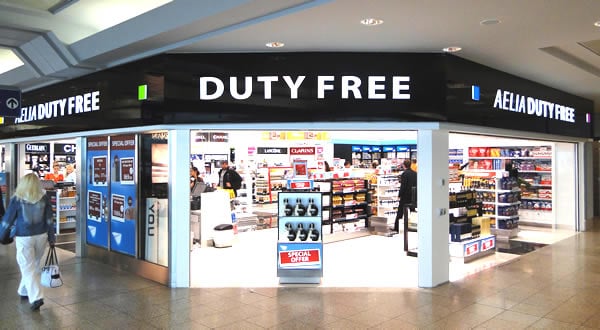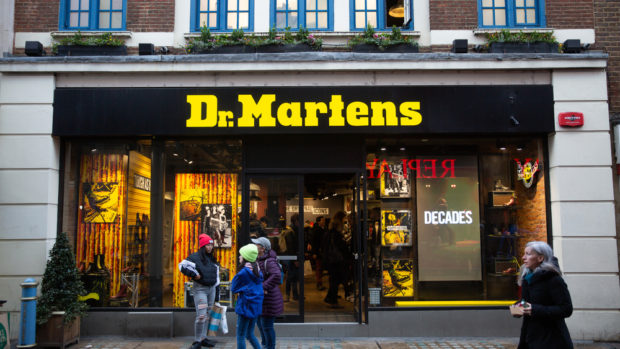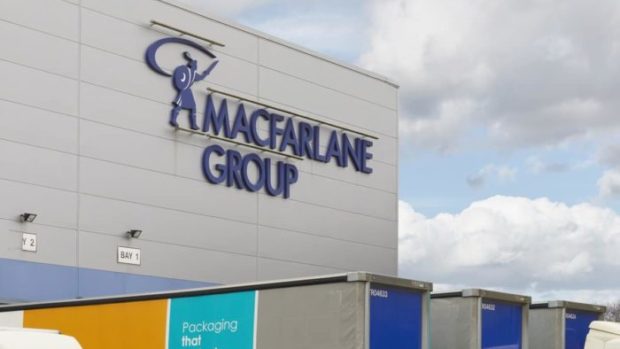
Mikko Kärkkäinen, CEO of RELEX Solutions:
Regulatory pressures are mounting on wholesale companies to embrace sustainability. Increasingly, non-compliance results in fines and non-sustainable materials are subject to higher taxes. In various regions, including Northwestern Europe, companies are obligated to report on their sustainability practices and reduce their carbon footprint, with non-compliance leading to fines and reputational damage. For instance, in 2022, the UK introduced a tax on plastic packaging containing less than 30 per cent recycled content.
In tandem with this pressure, is the increasingly competitive operational costs in an industry where marginal gains in efficiency can make or break quarterly targets. However, AI supply chain technology can facilitate both commercial and environmental benefits for wholesalers.
Supply chain planning precision translates into operational efficiency. By reducing inventory volumes, minimising spoilage, optimising transportation and operational processes, wholesalers can boost their net income and champion environmental sustainability.
Wholesale and distribution companies are adapting to meet sustainability benchmarks while streamlining operations. This involves efficient resource management, improved transportation, and the adoption of eco-friendly packaging practices, among other initiatives. Through aligning with the sustainability expectations of consumers and retailers, these companies are forging stronger partnerships and maintaining a competitive edge in the market.
Robust inventory management systems further reduce the frequency of trips required for product deliveries, therefore amplifying eco-friendly practices. Leveraging advanced technologies for stocking and picking optimisation, coupled with waste reduction strategies, these firms are succeeding in reducing their environmental footprint.
Supply chain optimisation tools aid businesses in maximising warehouse floor space, and therefore streamline operations. Maintaining chilled and frozen warehouse space can be costly due to extensive energy consumption for cooling. Effective inventory flow management within a smaller warehouse footprint benefit both the environment and the bottom line.
The ‘green pound’ has become common currency, as consumers and retailers increasingly demand eco-friendly products and ethical business practices. It’s imperative that wholesale and distribution companies prioritise sustainability and embed sustainability within their supply chain operations. It’s no longer about having an eco-friendly brand but keeping up with consumer demand and maximising efficiency in the whole supply chain – a basic business strategy. Sustainability is no longer a luxury, but a necessity and one that cuts costs for businesses in a fiercely competitive marketplace.”







Share